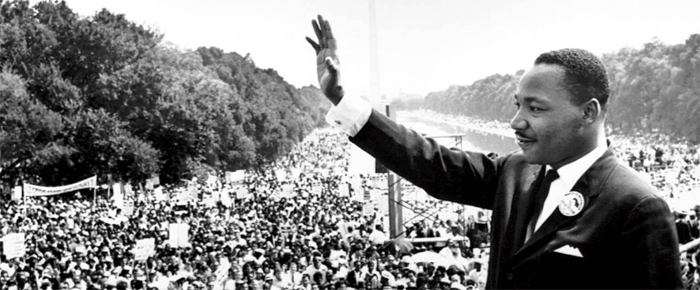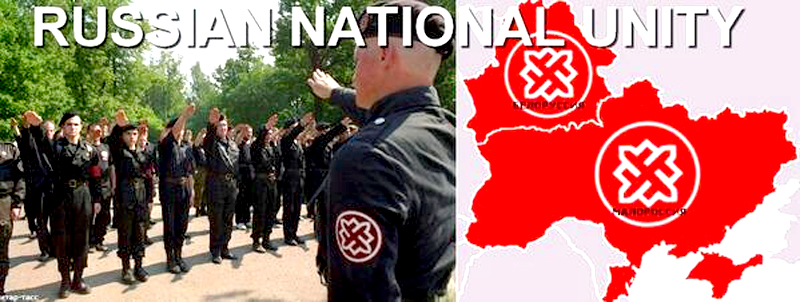
By Haddon Libby
Martin Luther King Jr. best summarized the challenges faced in ending racism when he said, “Nothing in all the world is more dangerous than sincere ignorance and conscientious stupidity.”
As the terrorist attacks against Jews in Paris proved yet again, racism remains strong throughout the world.
Racism is as old as humankind. Aristotle acknowledges this in his book “Politics” where he states, “Some men are by nature free, and others slaves…slavery is both expedient and right.” It may be hard for us to understand but Roman and Greek slave owners did not think of themselves as racists – they simply believed that slavery was a natural with Africans being the unfortunate sub-race.
Charles Darwin perpetrated this belief in his theories on evolution when he postulated that some races were more “civilized” than others. As such, he believed that there must be a biological reason.
Here in the United States, blacks were originally fairly equal to whites. In Virginia in the 1600s, blacks could file lawsuits, bear arms and own property, including slaves. Originally, slavery in America included whites under indentured servitude, Native Americans and blacks. Slavery was an economic necessity that was not built on racism. Over time, this evolved into the political strategy of “divide and rule.” The fear of the time was that slaves would rise up, revolt and kill their owners.
Capitalism created the racism that we know today as it was easier to rule by dividing people based on race. Ignorance has allowed racism to continue whether based on skin color, sexual preference, religious belief, national heritage or some other arbitrary difference.
The terrorist attacks in France this month were born from a basic racism against people with Middle Eastern heritage in that country. This racism manifested itself in a group of young people of Middle Eastern descent feeling more aligned with ISIS than their birth country. As such, they seized on a radical belief of a segment of their ancestry based in hatred against Jews. Racism by the French in ostracizing a segment of their own society caused terrorism against another minority group based solely on religious beliefs.
In Russia, blacks who visit the country are advised to stay in city centers like Moscow as there is the real risk of violence against them in many of Russia’s smaller towns. Additionally, Putin has squads of state-sanctioned hoods seeking out gay people who they ridicule and physically beat. Only recently, the country banned transgender people from driving based on their belief that transgenders have “mental disorders.” If all of this is not enough, “neo-Nazism” is on the rise in the country.
Not limited to Russia, neo-Nazism continues to have significant support in Germany and Austria. When it comes to blacks, Uwe-Karsten Heye, a retired government spokesman, has issued a warning to avoid Eastern parts of his country including East Berlin, Marzahn and Hellersdorf.
When Hitler was defeated seventy years ago, the world thought that his defeat brought an end to ethnic cleansings – yet this practice continues. At present, ISIS and African dictators purge their regions of what they deem to be undesirables via mass killings.
A more common form of racism experienced worldwide is based on economics and xenophobia and occurs against migrant workers. In Italy, migrant workers from Tunisia are often subjected to taunting and physical harm. In Greece, vigilante groups armed with metal bars, brass knuckles, knifes and other weapons troll the streets of immigrant-filled neighborhoods in Athens looking to beat immigrants whom they feel are stealing their jobs.
As we commemorate Martin Luther King Jr. Day, think about the sacrifices made by King and countless others seeking to advance the rights of all people. As Patrick Henry once said, “United we stand, divided we fall.”











































